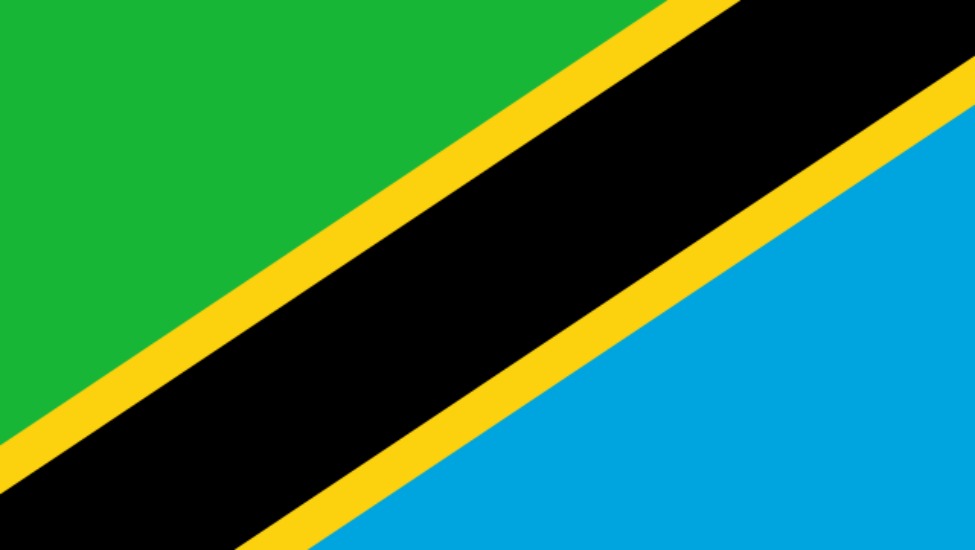Country
Tanzania
The Girls' Education Challenge (GEC) had two projects in Tanzania which improved learning opportunities and outcomes for 95,070 of the country's marginalised girls.
Projects
Girls Learn, Succeed and Lead - implementation completed in January 2022
The Girls Learn, Succeed and Lead project supported 7,009 girls and was implemented by CAMFED International.
Girls in the target communities had low levels of transition to secondary education, poor levels of progression and retention once there, and very low academic pass rates. These girls faced a range of barriers to education, the most urgent being the direct and indirect costs which, in addition to girls’ enrolment and progression, relate also to their safety and their vulnerability to early marriage, violence and exploitation. In addition, schools were under-resourced and teaching approaches were often teacher-centred and based on rote learning.
The project enabled marginalised girls to transition, progress through and succeed at secondary school. It then helped them to transition from school to a secure and fulfilling livelihood. This was done by leveraging the ‘Multiplier Effect’ – whereby women who have been supported by CAMFED through and beyond school, provide social and economic support to the next generation of girls. These graduates join forces with district and national authorities to drive change at a wider scale, ultimately re-setting the context for future generations of girls. Integral to the approach is the Learner Guide Programme which focuses on life skills and mentoring, and enterprise development which expands women’s livelihood opportunities.
The Virtuous Cycle of Girls' Education - implementation completed in January 2022
The Virtuous Cycle of Girls’ Education project supported 88,061 in Tanzania and was implemented by Camfed International (also implemented in Zambia and Zimbabwe).
In the project communities, poverty intersects with discriminatory gendered social norms, location, and a range of other contextual factors to result in barriers to girls’ access to, and achievement in education. Girls are particularly vulnerable during transitions from one stage of education to the next and from school into adulthood. These complex barriers increase as girls reach adolescence and are compounded by cultural traditions and expectations of early marriage, sexual and physical exploitation, violence and additional financial burdens in secondary school. Key enduring barriers to girls’ learning include the language of instruction (literacy), poverty, under resourced schools and a lack of quality teaching.
The project enabled marginalised girls to transition to, progress through and succeed at secondary school. It then helped them to transition from school to a secure and fulfilling livelihood. This was done by leveraging the ‘Multiplier Effect’ – whereby women who have been supported by Camfed through and beyond school, provide social and economic support to the next generation of girls. These graduates join forces with district and national authorities to drive change at a wider scale, ultimately re-setting the context for future generations of girls. Integral to the approach is the Learner Guide Program which focuses on life skills and mentoring, and enterprise development which expands women’s livelihood opportunities.
